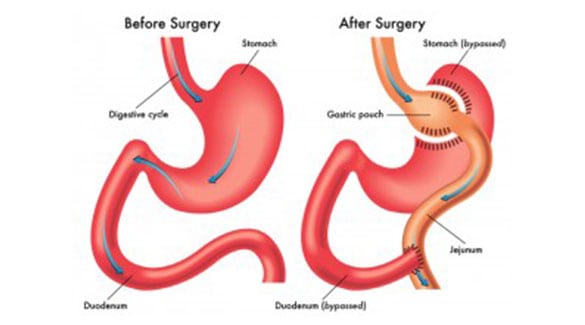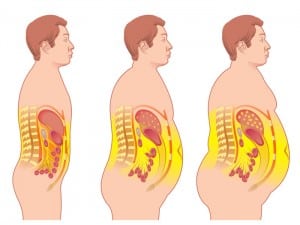Also referred to as bariatric or weight loss surgery, gastric surgery is a typically safe and effective option for those battling severe obesity and its related health complications. The types of gastric surgery available have been recognized for the impact they have on the hormonal and metabolic changes that play a major role in hunger and satiety, the desire to start and stop eating.
- Gastric surgery can help you to feel full with less food intake
- The surgical methods are safe and effective



 This type is considered to be the ‘golden standard’ of weight loss surgery. The
This type is considered to be the ‘golden standard’ of weight loss surgery. The  The
The  This procedure is somewhat similar to the
This procedure is somewhat similar to the 










